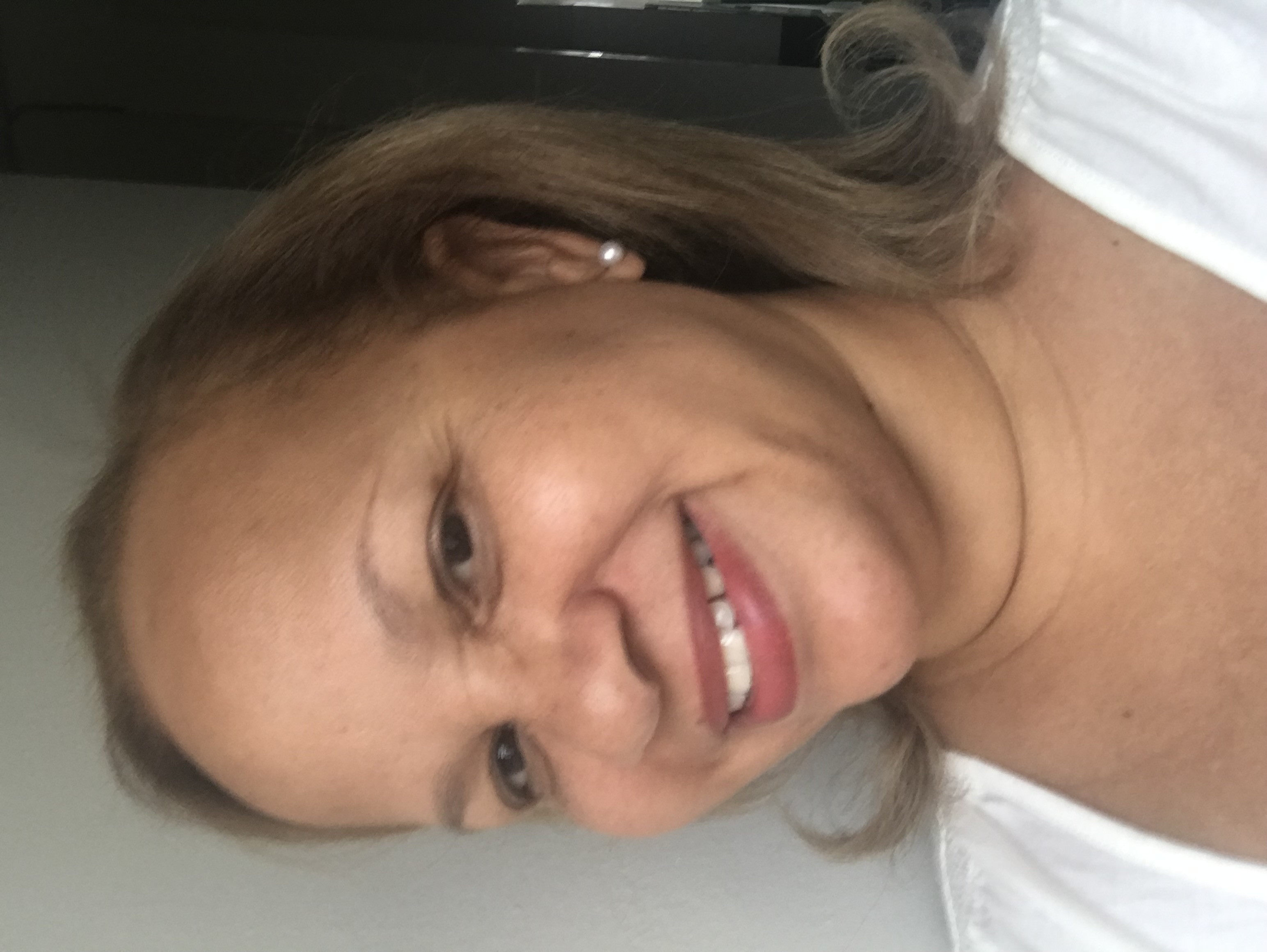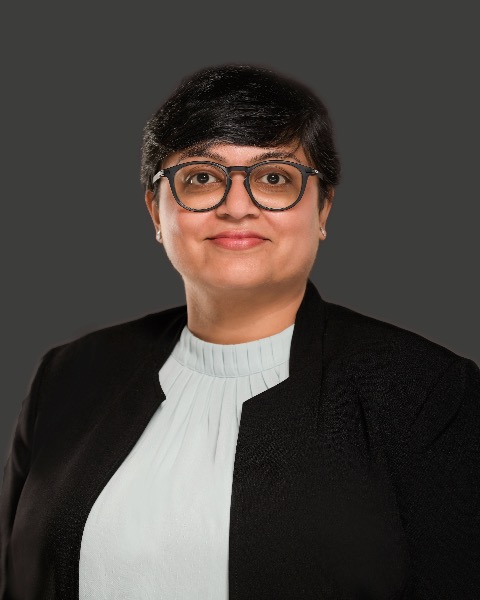Concurrent Session
School
Application of Intensity & Principles of Motor Learning in the School-based Setting
Sunday, November 24, 2024
11:30 AM – 1:00 PM East Coast USA Time
Location: Meeting Room 555 A/B, 5th Floor, RI Convention Center

Grace-Anne M. Herard, PT, DPT, EdD
Assistant Professor
University of St. Augustine for Health Sciences
Naples, FL
Bhavini Surana, PT, EdD (she/her/hers)
Assistant Professor
Touro University
East Meadow, NY
Lead Speaker(s)
Co-Presenter(s)
Our goal is to provide PTs with an evidence-based decision-making model to optimize treatment intensity during their treatment sessions for children with neurological disorders like cerebral palsy (CP). Studies show that repetition, increasing movement complexity, motivation, and reward lead to practice-induced brain changes. It is important to note that intensity refers to how hard a child works during a therapy session and is not synonymous with dosage. There is substantive evidence that high intensity task-specific motor training can improve motor function in children with CP. However, the intensity of these types of interventions like Constraint Induced Movement Therapy and Hand Arm Bimanual Intensive Therapy Including Lower Extremities is often associated with many hours of practice a day that total between 60-90 hours over several weeks. Hence, translating intensity into school-based practice may seem like a daunting endeavor.
We propose that typical school PT sessions can be designed to deliver high intensity task-specific activities for children with neurological conditions like CP. We will guide PTs through a process of incorporating carefully calculated repetitions of movements and tasks that are progressively shaped to increase complexity and intensity within a fun, child-friendly environment. We will discuss principles of progressive strength training that can be adapted to functional activities such as transfers, dressing and grooming, feeding, and playtime activities. We will also provide guidance on heart rate monitors and ratings of perceived exertion that can be used to ensure optimal intensity during gross motor activities such as walking and running.
We propose that typical school PT sessions can be designed to deliver high intensity task-specific activities for children with neurological conditions like CP. We will guide PTs through a process of incorporating carefully calculated repetitions of movements and tasks that are progressively shaped to increase complexity and intensity within a fun, child-friendly environment. We will discuss principles of progressive strength training that can be adapted to functional activities such as transfers, dressing and grooming, feeding, and playtime activities. We will also provide guidance on heart rate monitors and ratings of perceived exertion that can be used to ensure optimal intensity during gross motor activities such as walking and running.
Learning Objectives:
- Define intensity and discuss how it has been defined in cerebral palsy rehabilitation literature.
- Describe commonalities across various intensive interventions designed to improve motor function in children with cerebral palsy.
- Develop an intensive training plan for typical school-based activities that incorporates a corresponding progression/shaping program for different clinical conditions.

.png)
.png)
.png)
.png)
.png)
.png)
.png)
.png)